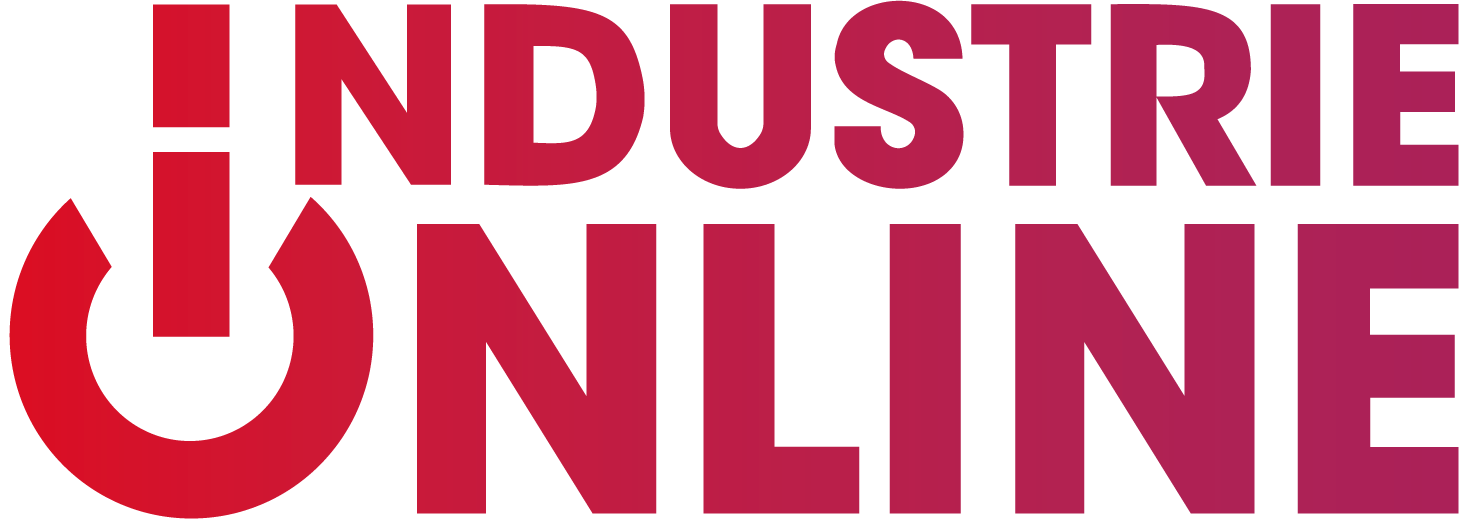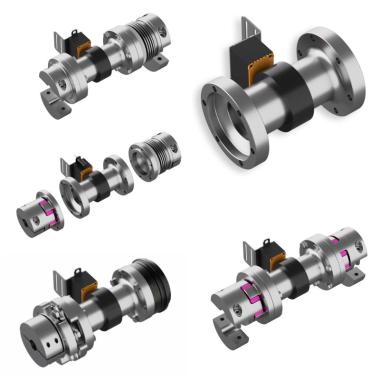Moving towards the Industry of the Future: Guidelines

Evolving towards the industry of the future: instructions
As one of the first countries to experience the Industrial Revolution, France has always been able to evolve with the times to offer an avant-garde image of its industry. Rich in know-how and continuous progress, national companies are today in the process of reinventing themselves towards the industry of the future in order to negotiate a major shift in their process and their economic model. To regain competitiveness and regain a place of international leadership, the modernization of production tools and the digitization of industrial companies are becoming essential. Focus on the industry of tomorrow and instructions for a compulsory transition to industry 4.0 .
What is the industry of the future?
At first glance, the definition of the industry of the future seems quite simple. In fact, defining a concept for which we cannot foresee essential and relevant developments in the long term presents some difficulties . The uncertainty as to what will make up our daily lives in the distant horizon suggests anticipation, logic and also a good dose of luck to imagine what the challenges and problems of tomorrow will be.
Definition
Bpifrance conducted a survey in 2018 entitled "The view of SME/ETI managers on the industry of the future and the future of industry" to discover the vision of business leaders on the industry of the future. Surprisingly, the results show that half cannot give a clear definition.
The term industry of the future was born from an industrial strategic program launched by Emmanuel Macron in 2015. The main objective is to modernize French industry through the evolution of its economic model from digital . Ambitious project, particularly in historical sectors of industry, such as metallurgy or mining, in which paper and methods that span the ages reign as undisputed masters.
The industry of the future aims to go further than the progress of the Factory of the Future plan. Companies, SMEs and TGEs, are supported on several aspects of their operation in order to use the tools of digitalization in:
The modernization of the production tool
The evolution of the economic model
The transformation of each level of their organization
Adapting their design and marketing method
The project is ambitious, but essential to support French industry and the competitiveness of national companies in the face of ever-changing international competition.
Areas of development complementary to digitalization
The definition remains abstract, but the potential axes of development are numerous and flexible according to the sector of activity concerned. Everyone must find how the industry of the future can improve the functioning of their business and make it evolve with the times.
The main themes to be worked on are not limited to digitization, even if it is at the heart of the solution:
Make strong strategic choices in terms of positioning and differentiation and stay tuned to the market
Get out of a relationship of domination and economic dependence by diversifying the client portfolio in particular
Develop a spirit of innovation based on the real needs of customers, to do better and faster, by surrounding yourself with trusted partners
Develop partnerships and external relations to promote innovation, training, recruitment, business development and international
Engage in the challenges of Sustainable Development and anticipate the tightening of regulations and consumer expectations in terms of quality, traceability, safety and respect for the environment and societies
Projecting internationally while promoting the French brand
Develop management and governance to create a framework conducive to the participation and well-being of employees, because people remain at the center of everything
These numerous axes still reveal a multitude of nuances that it is up to each industry to define according to its ambitions, its challenges and its own constraints.
What challenges and opportunities does the industry of tomorrow respond to?
The main challenges and opportunities represented by the industry of the future depend on the business leader to whom the question is put. However, several similarities in the hopes of industrialists in all sectors can be highlighted.
In order of priority, here are the most important issues:
Three quarters of manufacturers hope to modernize their production tool to gain flexibility thanks to the digitalization of the industry of the future
Nearly two-thirds put innovation at the heart of their concerns as well as the diversification of their customers in order to reduce their dependence on demand
Half of manufacturers believe that rethinking their business model will be inevitable, as will developing their international presence
More than a third of managers believe that digitalization is essential at all levels of the system (marketing, production, etc.)
These figures clearly show the industry's enthusiasm for the industry of the future program and a real desire to get involved in the process.
National forecasts estimate that France could become a long-term European leader in future technologies in several sectors such as 3D printers, augmented reality or connected objects.
Problem: how to achieve it? How to evolve fast enough and well enough to remain competitive? And especially how to change the most recalcitrant mentalities without losing the confidence of employees without whom French industry would not be what it is?
How to structure the digitalization of SMEs in the industry of the future?
Faced with large-scale projects, the same question remains: how to do it and where to start?
A global vision VS progress by iteration
To make a successful transition to the industry of the future, a global vision is required so as not to go off in multiple directions without a real strategy. The idea is not to digitize for digitization's sake, but rather to respond to a concrete demand from internal customers in the industry.
The global vision helps to move forward by iteration and above all to draw lessons and quantified data from the tests. Learning from your mistakes allows you to redirect your strategy without risking going around in circles without conclusive results. Without this essential test phase, companies risk wasting time.
Moving forward in a constructive digitalization process also requires accepting that the results and returns on investment remain hypothetical.
The Alliance for the Industry of the Future offers personalized support to any industrial company, SME and ETI, which considers that it needs a complete assessment of its situation in order to define its overall vision.
The national project for the industry of the future also enables international contact between potential partners. Joint projects can thus be set up in order to mutually benefit from the technological advances of similar sectors or presenting synergies.
The 11 mistakes to avoid when setting up the industry of the future
The pioneering industrial companies of the approach communicate several feedbacks which it is good to consider for a company which begins in its transformation.
Before embarking on the industry of the future and disrupting all your processes, note that:
Digitizing to do as competitors is doomed to failure
Digital is only a tool that serves people and not the other way around
Simultaneously drowning in a multitude of potential development axes will not yield convincing results
Stay focused on your expectations to gain efficiency
Bring digital to the center of the industry so that it meets concrete expectations in the field and not laboratory theories
Advance step by step, neither too far nor too fast, at the risk of losing some employees along the way
Educate employees upstream to meet their needs and convince them of the merits of the approach
Dare and try to learn from your mistakes more than from your successes
Take into account the maturity of the site and the industry concerned before digitizing
Define measurement indicators to quantify results
Understand that digitization is only the beginning of an endless process
People at the heart of the debate on digitalization
Remember from the instructions for the industry of the future that the human remains at the center of the problem . The project can be carried by the management, but it must then go down to each level of the company until the production line.
All interlocutors should be consulted in order to collect ideas, know-how and feedback that will validate the development interface and the implementation of the change. The earlier you involve your employees in your digitalization process, the more successful your project will be. Building the industry of the future is a collaborative project.
Raising employee awareness is also accompanied by continuous training in new technologies and the daily use of innovative tools to facilitate the tasks of each employee. The development of digital at each stage of production as well as the robotization of some of the tasks require everyone to increase their skills.
Empathy towards all levels of the hierarchy and effective transversal management will guarantee your company's entry into the new era of industry.
Our other news
See allJoin the largest community of industrial suppliers
- Helping you with your ongoing technology watch
- Provide you with detailed supplier statistics
- Give you international visibility
Discover the largest catalogue of industrial products on the market
- To offer you the best catalogue of industrial products on the market
- To guarantee you a 100% secure platform
- Enable you to have live remote exchanges


 Français
Français 







